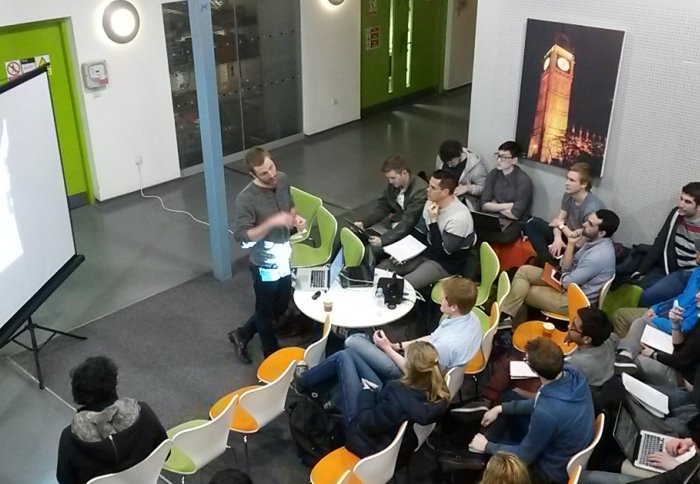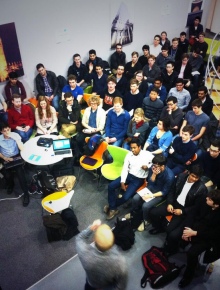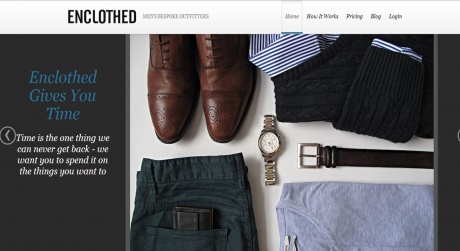Imperial Venture Catalyst Challenge now underway

The Venture Catalyst Challenge is the UK's largest university innovation contest. We take a look at some of the ideas that have resulted.
As the UK tries to plot a course back to economic growth it is more important than ever that we work hard as a nation to foster a culture of enterprise. Key to that is supporting and encouraging the creative minds of our students.
 The Venture Catalyst Challenge (VCC) is the UK’s largest university innovation contest. It is organised annually by the Imperial Create Lab – an initiative run by Imperial students and Imperial Innovations.
The Venture Catalyst Challenge (VCC) is the UK’s largest university innovation contest. It is organised annually by the Imperial Create Lab – an initiative run by Imperial students and Imperial Innovations.
Running for six weeks through February to 20 March, the VCC invites Imperial students and recent graduates to set up a business in an accelerated programme that gives them access to one-to-one mentoring on key business skills, such as marketing, product development and customer acquisition.
Ultimately, teams get the chance to pitch their ideas to some of London’s top investors with a share of £20,000 grant funding and working space to develop their businesses.
Last year’s participants were able to collectively raise over £1.25 million in the first 3 months after the challenge.Among them was Business School alumnus Dana Zingher and Levi Young, co-founders of Enclothed – a men’s fashion retailer that offers personal styling services, now successfully trading online.
“You can discuss your idea with everybody without feeling like you have to have all the answers,” Levi says about the VCC.

Ben Miles, now a PhD student in Chemistry, was part of the team behind Flow Microfluidics, a company set up to design bespoke microfluidic chips used in scientific research.
“Whilst I am not pursuing the project that I entered into the VCC with, all of that experience makes me a stronger candidate for any career that I wish to pursue,” says Ben.
We had the technology, but not a product. The VCC taught us how to build the product
– Alfredo Belfiori (Bioengineering)
This year’s 28-strong cohort (selected from 152 applications) covers a variety of areas, such as home automation, image recognition and wearable technology. With workshops and networking still going on, participants are already reaping the benefits.
“The VCC has completely changed the way we were thinking about the business,” says PhD student Renato Salas-Moreno (Computing), co-creator of SLAM++, a system that constructs virtual worlds in videogames. With the VCC, he believes, they have gained the skills and motivation to approach clients.
Fledgling company Wees applied to the VCC after approaching Imperial Innovations with technology they wanted to unleash. They are currently developing a ‘smart bracelet’ for gesture control of various devices.
“We had the technology, but not a product. The VCC taught us how to build the product,” says student Alfredo Belfiori (Bioengineering).
Article text (excluding photos or graphics) © Imperial College London.
Photos and graphics subject to third party copyright used with permission or © Imperial College London.
Reporter
David Barreto Ian
Imperial Innovations